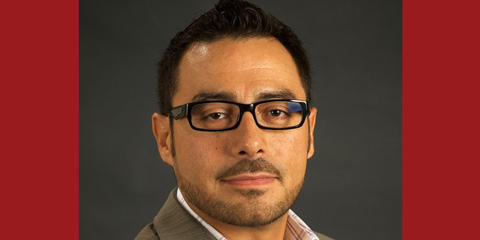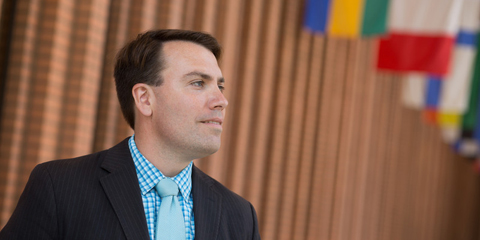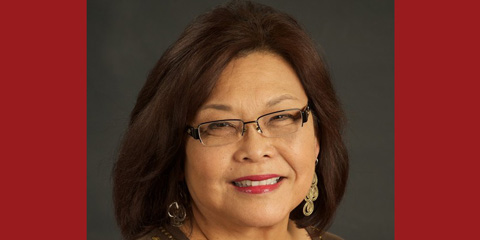News Archive
Research
-

Studies show emotional and behavioral problems tend to be higher among Latino children than any other ethnic group, yet they are half as likely to use mental health services as children in white families. The reason why may be that Latino children are disproportionately affected by poverty and other factors that often limit their access to culturally appropriate, affordable health services.
In designing programs to help them, investigators are increasingly turning to the community for solutions.
-

A new report outlines the findings of a recent forum on integrating health, mental health, substance use, and housing services in Los Angeles communities convened by the USC Suzanne Dworak-Peck School of Social Work.
-

Researchers from the USC Suzanne Dworak-Peck School of Social Work will have a significant presence as social work scholars from across the nation gather this week for the 21st Annual Conference of the Society for Social Work and Research.
-

New research shows that people who have schizophrenia can still live independently, pursue higher education or hold down a demanding job. In fact, many do manage their illness and live full and highly productive lives.
-

Nearly 44,000 people are homeless in Los Angeles County—about 30 percent of whom are chronically homeless. Chronically homeless individuals are likely to be older than the general homeless population and have remained homeless for long periods of time—sometimes years or even decades. Typically, they have a disabling health condition such as mental health or substance abuse problems, making it difficult for them to maintain stable housing and employment. Most do not have a support network and rely on an already over-taxed social service system.
-

Usually it's doctors, nurses and therapists who get the credit for delivering the most innovative practices in health care. But a USC researcher says one group has been largely overlooked: the leaders at health care organizations who manage change and improve standards of care day in and day out.
As anyone who has ever worked in a large organization knows, implementing change is difficult. This is as true in health care as in any other field. Also true: high-impact change usually happens when effective leaders make it happen.
-

Fifteen years of war in Afghanistan and Iraq have generated unprecedented investment in mitigating war-related mental health problems, including large increases in funding since 2007 for clinical trials of trauma-focused psychotherapies.
-

Is it possible that the social work profession could eliminate the homelessness crisis in our lifetime? From Assistant Professor Ben Henwood’s perspective, homelessness is a solvable problem on a national scale, and social work is uniquely qualified to lead the charge.
-

A national center focused on addressing the needs of students exposed to trauma has received new funding to continue its work.
-

California’s population is aging. By 2030, 18 percent of the state will be 65 or older. More significantly, this population will be increasingly racially and ethnically diverse. Current projections suggest that 52% of these older adults will be members of a minority group.
This demographic shift is likely to have a profound impact on California, with studies projecting increased older adult poverty rates, rising health-care costs for the elderly, and significant long-term care shortages.
No population is expected to be harder hit than African Americans.